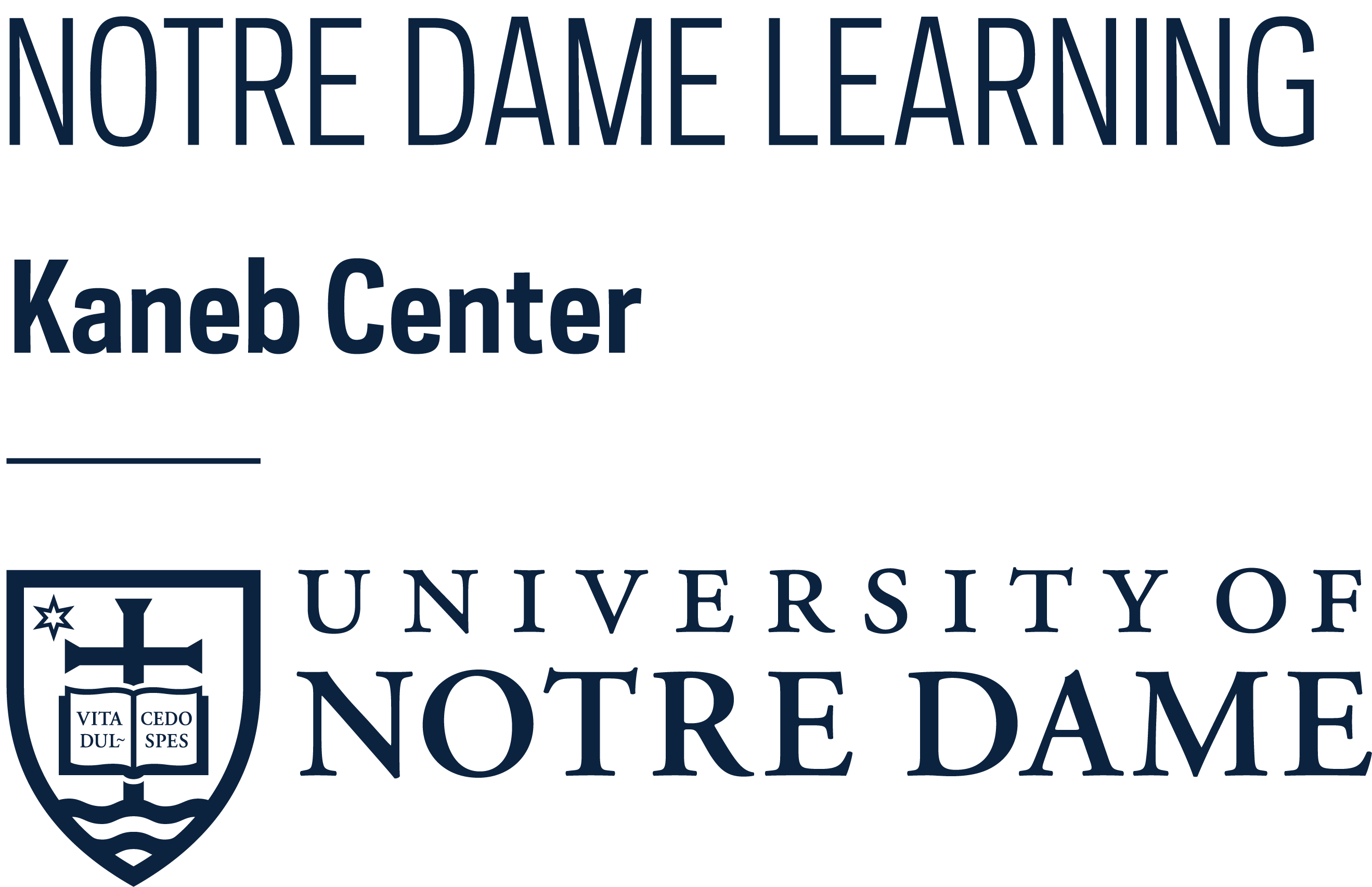The following entry from the 2013-2014 Teaching Issues Writing Consortium: Teaching Tips was contributed by Todd Zakrajsek, PhD Executive Director, Academy of Educators, School of Medicine, University of North Carolina at Chapel Hill.
————————————————————————————————————–
Conventional wisdom is that new information is acquired while studying and then the extent to which the material has been successfully learned is assessed through testing. Typically, most individuals consider examinations neutral with respect to the actual learning process. Researchers are now reporting that tests themselves may be an important part of long-term retention of new information (Karpicke & Roediger, 2007). In one such experiment subjects learned new material by reading blocks of information. In one condition subjects read the test material four times and then took a quiz over the material five minutes following the last reading session. In a second condition, subjects read the block of material three times, took a practice quiz (no feedback) and then five minutes later took a different quiz over the material. In the final condition subjects read the material only one time and then took three different practice quizzes (no feedback on any of the quizzes) and five minutes after the last practice quiz took a quiz over the material. As expected, for these three conditions the more time spent studying demonstrated higher quiz scores. Surprisingly, however, was the performance on quizzes one week later. At that later time there was a significant reversal of three groups. Those who had repeated practice quizzes performed significantly better than the group who had more repeated study opportunities. Perhaps most interesting is that there was a very small (relatively speaking) decrease in performance over time for the group who had multiple testing opportunities (particularly as they received no feedback on the practice tests).
Several additional studies have confirmed the importance of repeated recall in solidifying information in long-term memory. Implications include the value of in-class practice quizzes in class, group discussions (additional recall), and students quizzing one another.
(If you would like additional information about this phenomenon please contact: todd_zakrajsek@med.unc.edu.)
Resources:
Karpicke, J.D., & Roediger, H.L. (2007). Repeated retrieval during learning is the key to long-term retention. Journal of Memory and Language, 57, 151-162.
